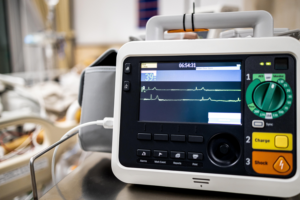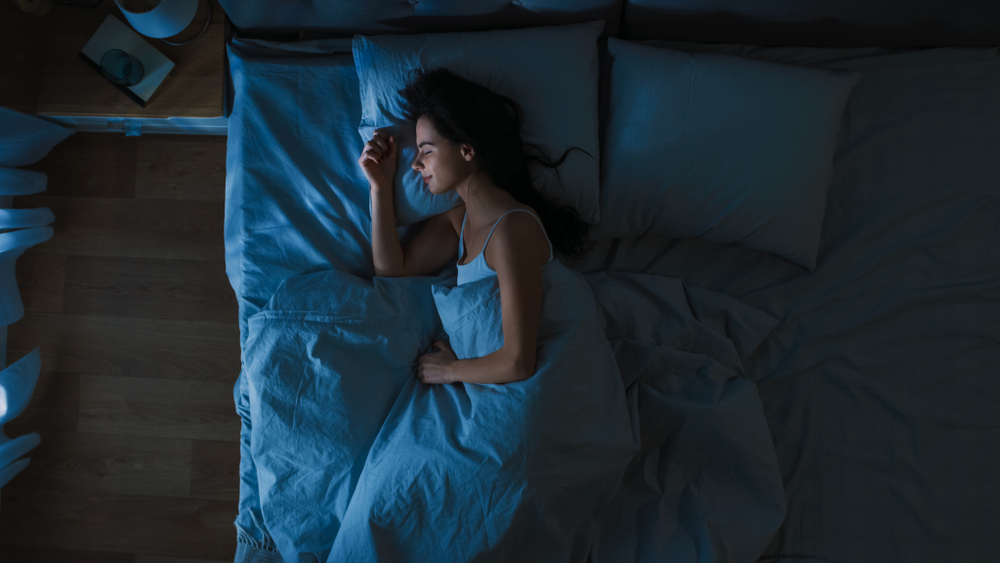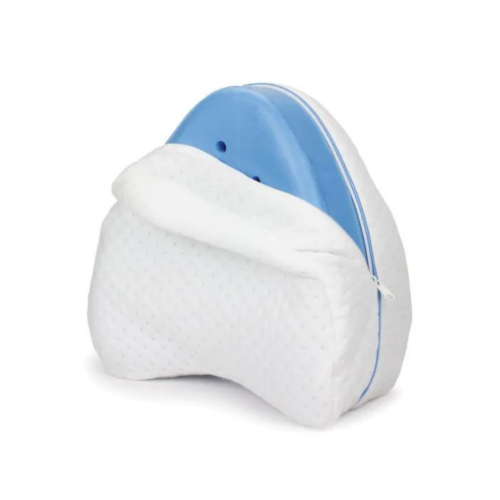Insomnia and sleep apnea are two common sleep disorders that can occur together. Insomnia is a difficulty falling and/or staying asleep, while sleep apnea is a condition in which breathing is repeatedly interrupted during sleep.
There is a strong link between insomnia and sleep apnea, but the exact nature of this link is not fully understood. Researchers believe that the two conditions may be connected in a number of ways, including:
- Sleep apnea can cause insomnia. When breathing is interrupted during sleep, it can cause awakenings that can be difficult to fall back asleep from. In addition, people with sleep apnea may experience fatigue and daytime sleepiness, which can make it more difficult to fall asleep at night.
- Insomnia can worsen sleep apnea. Sleep deprivation can lead to a decrease in upper airway muscle tone, which can make sleep apnea worse. Additionally, people who are sleep deprived may be more likely to sleep lightly, making them more likely to wake up from sleep apnea episodes.
- Both insomnia and sleep apnea may share common underlying causes. For example, both conditions are more common in people with obesity, anxiety, and depression.
Studies have shown that people with insomnia are more likely to have sleep apnea, and vice versa. For example, a 2019 review found that people with insomnia have a 30-50% chance of also having sleep apnea.
If you have insomnia, it is important to be evaluated for sleep apnea, as treating sleep apnea can often improve insomnia symptoms. Similarly, if you have sleep apnea, it is important to treat it, as this can also improve insomnia symptoms.
Treatment for insomnia and sleep apnea may vary depending on the individual. Treatment for insomnia may include cognitive behavioral therapy for insomnia (CBT-I), medication, or a combination of both. Treatment for sleep apnea may include lifestyle changes, such as weight loss and avoiding alcohol and tobacco before bed, or continuous positive airway pressure (CPAP) therapy.
At ISD Health Solutions, we understand the importance of a good night’s sleep. We offer a variety of services to help you understand your sleep and provide treatment options, including:
- Sleep studies: We can perform a sleep study to diagnose sleep apnea and other sleep disorders.
- CPAP therapy: We offer CPAP therapy, which is the most effective treatment for sleep apnea.
- Sleep Coaching: In collaboration with Sleep Reset, which is a type of therapy that can help you develop good sleep habits and overcome insomnia.
- Other treatment options: We also offer a variety of other treatment options for insomnia, such as medication and lifestyle changes.
If you are experiencing insomnia or sleep apnea, we encourage you to contact us today. We can help you get the treatment you need to get a good night’s sleep.
Here are some tips for improving your sleep:
- Stick to a regular sleep schedule, even on weekends.
- Create a relaxing bedtime routine.
- Make sure your bedroom is dark, quiet, and cool.
- Avoid caffeine and alcohol before bed.
- Get regular exercise, but avoid exercising too close to bedtime.
- See a doctor if you have trouble sleeping despite following these tips.














